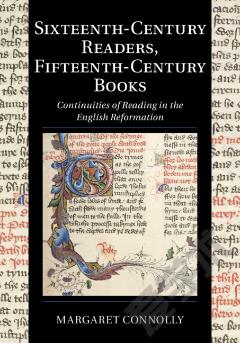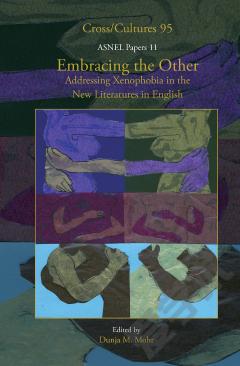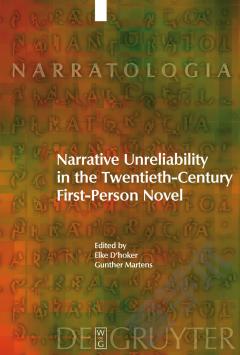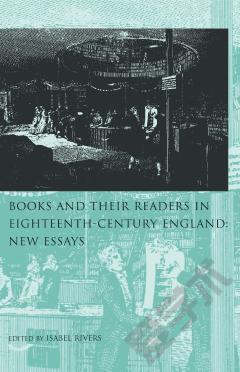The Non-Literate Other —— Readings of Illiteracy in Twentieth-Century Novels in English
----- 不识字的其他: 英国20世纪小说中扫盲的阅读
Public debates on the benefits and dangers of mass literacy prompted nineteenth-century British authors to write about illiteracy. Since the early twentieth century writers outside Europe have paid increasing attention to the subject as a measure both of cultural dependence and independence. So far literary studies has taken little notice of this. The Non-Literate Other: Readings of Illiteracy in Twentieth-Century Novels in English offers explanations for this lack of interest in illiteracy amongst scholars of literature, and attempts to remedy this neglect by posing the question of how writers use their literacy to write about a condition radically unlike their own. Answers to this question are given in the analysis of nineteen works featuring illiterates yet never before studied for doing so. The book explores the scriptlessness of Neanderthals in William Golding, of barbarians in Angela Carter, David Malouf, and J.M. Coetzee, of African natives in Joseph Conrad and Chinua Achebe, of Maoris in Patricia Grace and Chippewas in Louise Erdrich, of fugitive or former slaves and their descendants in Richard Wright, Toni Morrison, and Ernest Gaines, of Untouchables in Mulk Raj Anand and Salman Rushdie, and of migrants in Maxine Hong Kingston, Joy Kogawa, and Amy Tan. In so doing it conveys a clear sense of the complexity and variability of the phenomenon of non-literacy as well as its fictional resourcefulness.
{{comment.content}}








 京公网安备 11010802027623号
京公网安备 11010802027623号